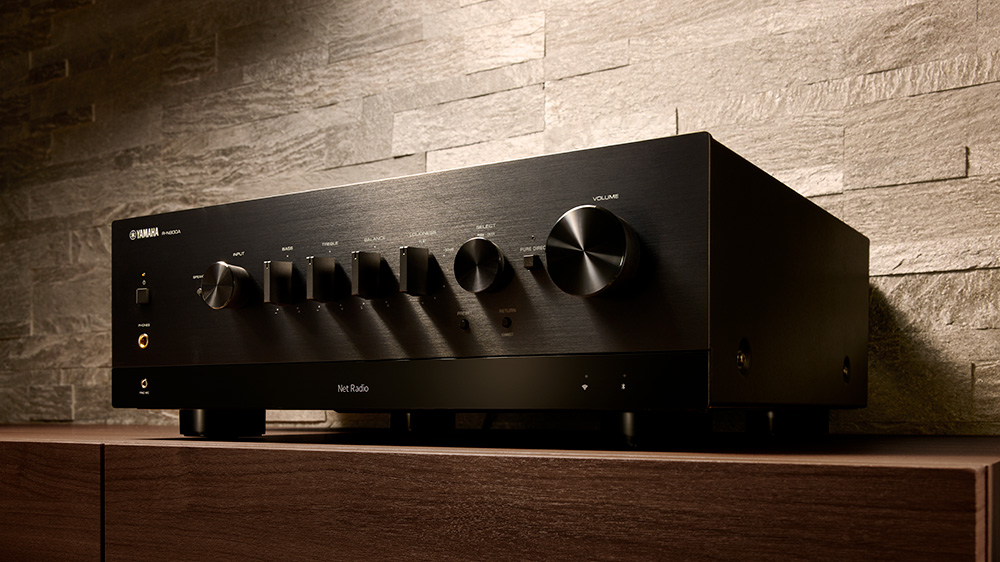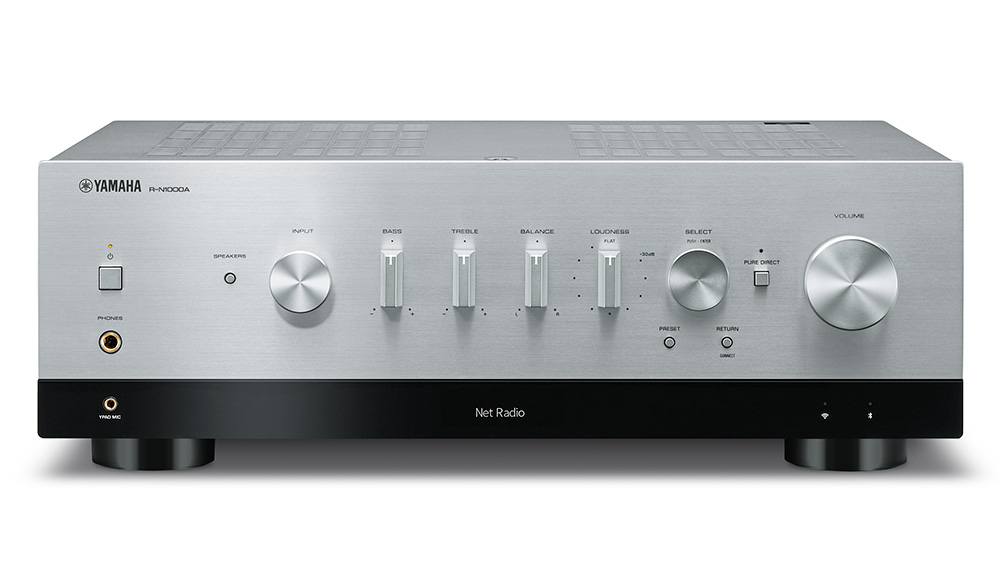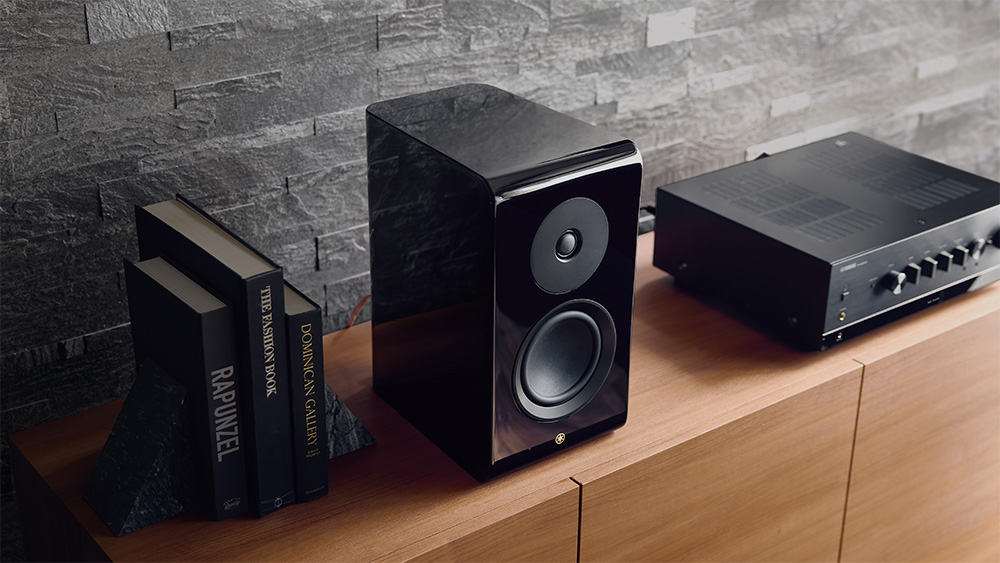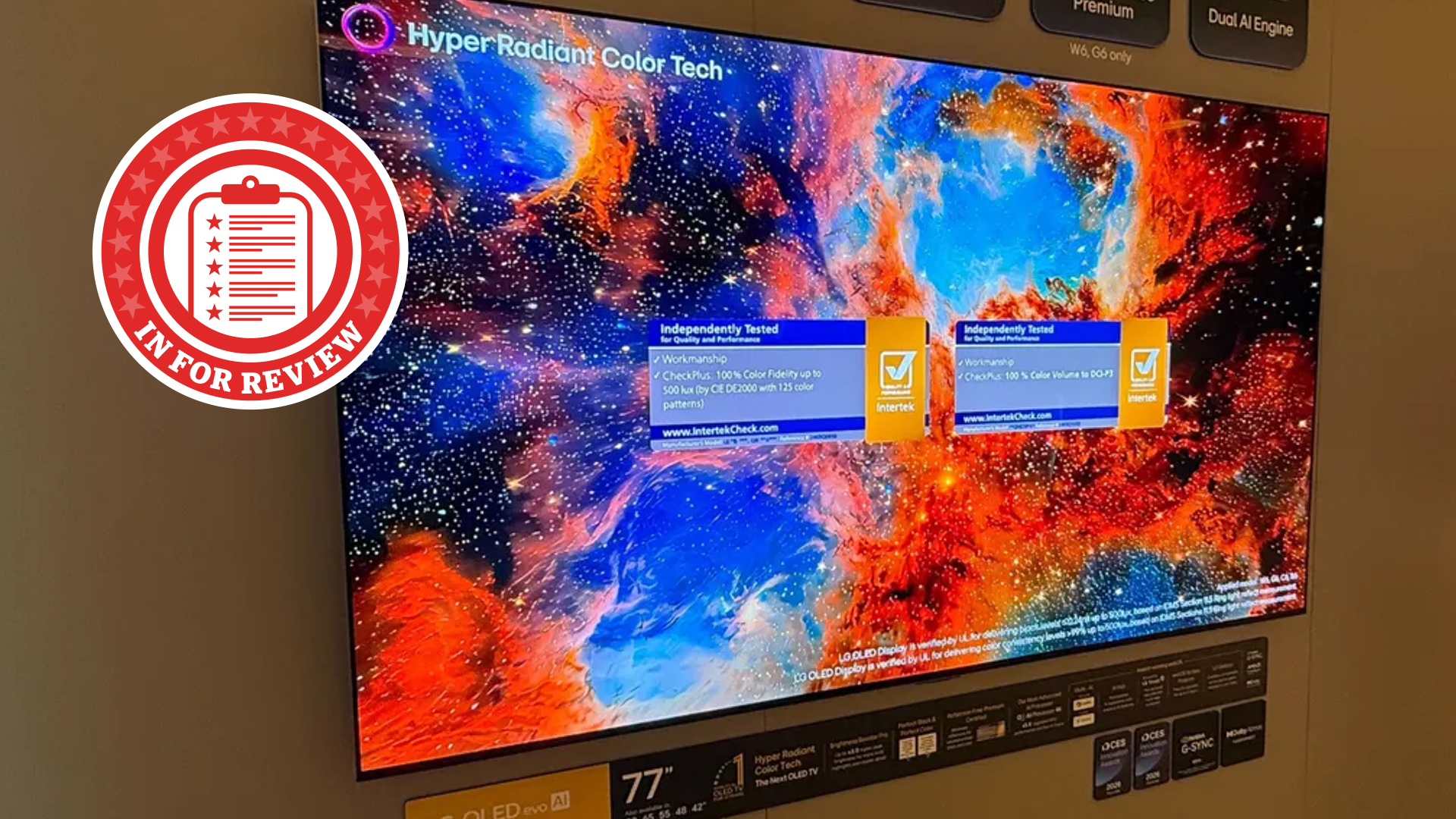Yamaha trickles down 2000 Series engineering to two affordable streaming amps (and there's more)
Two new bookshelf speakers also join the ranks

The latest hi-fi, home cinema and tech news, reviews, buying advice and deals, direct to your inbox.
You are now subscribed
Your newsletter sign-up was successful
Yamaha is using the prestigious High End Munich show stage to reveal four affordable new products – the R-N1000A and R-N800A streaming amplifiers, and the NS-800A and NS-600A bookshelf speakers that have been designed to be their perfect partners to complete a neat and compact hi-fi set-up.
Despite being several ranks down from Yamaha’s reference components, the network receivers adhere to the company’s strict engineering template, defined by meticulously symmetrical left/right circuit layouts, the shortest viable signal paths, and low-vibration chassis. The R-N1000A goes one step further with an enclosure that is strengthened by a double-bottom chassis, reinforced by a thick iron damping plate. Throw in supposedly high-quality audio components, including custom-made power transformers and block capacitors, and you can see where both models get their heritage from.
Both receivers feature Yamaha's audio calibration technology, YPAO (Yamaha Parametric Room Acoustic Optimizer), which works to compensate for the differences in sound delivery that are innately caused by room size, shape and furnishings. And network streaming is integrated by way of Yamaha’s own MusicCast streaming platform, which accommodates DLNA streaming as well as access to streaming services. Spotify Connect, Tidal Connect and AirPlay 2 are also on the menu, as is all the usual analogue and digital connectivity you would expect, with the latter fed by a digital stage based on ESS Technology’s 32-bit/384kHz SABRE ES9080Q DAC. That bitrate and sampling frequency figure reflects the machine’s PCM file support through USB, which also plays ball with native DSD 11.2MHz.

The R-N1000A adds an HDMI socket over its more affordable sibling, with further points of differentiation being its use of three Amtrans resistors (up from two in the R-N800A) for supposedly improved expression and scale, plus higher-grade coupling capacitors by Toshin Kogyo, and speaker terminals cut from pure brass.
While exact pricing is yet to be confirmed, the R-N800A and R-N1000A should go on sale for approximately £999 / €1099 / AU$1799 and £1299 / €1599 / AU$2499 respectively when they become available in the second half of the year. UK and US pricing information will follow and should be in the region of £1000/$1200 and £1400/$1700.
Piano black bookshelf speakers
As for those piano black-finished bookshelf speakers, the NS-800A and NS-600A utilise the company’s newly developed Harmonious Diaphragm cone in an effort to create tonally balanced sound across all frequencies – something Yamaha strives for. This diaphragm is made from a blend of Zylon, which Yamaha says has excellent sound velocity and optimal internal dissipation, and spruce, which it uses in the soundboard of its grand pianos.
To cancel unwanted resonance behind the speakers’ tweeters, Yamaha has developed (and patented) its own technology that sees two specially shaped tubes in a back chamber absorb the resonance without the need for conventional sound-absorbing materials.
The latest hi-fi, home cinema and tech news, reviews, buying advice and deals, direct to your inbox.

Absorption material used in speaker design can dampen a speaker’s liveliness and so Yamaha has used this tube method in the cabinets to eliminate standing waves. Laser vibrometers used in musical instrument research and development have led Yamaha to optimally reinforce the cabinet crosspiece, too.
Also available in the second half of the year, the NS-600A sports a 13cm woofer and will cost approximately £2098 / €2398 / AU$3999 per pair, while the NS-800A has a 16cm woofer and will sell for around £3598 / €3998 / AU$5999. Optional speaker stands made specifically for the two designs will also be available, with pricing to be confirmed. UK and US pricing to follow.
MORE:
Read our Yamaha A-S3200 amplifier review
One of the world's best headphones! Read our Yamaha YH-5000SE review
See all the news and highlights from the High End Munich show 2023

Becky is a hi-fi, AV and technology journalist, formerly the Managing Editor at What Hi-Fi? and Editor of Australian Hi-Fi and Audio Esoterica magazines. With over twelve years of journalism experience in the hi-fi industry, she has reviewed all manner of audio gear, from budget amplifiers to high-end speakers, and particularly specialises in headphones and head-fi devices.
In her spare time, Becky can often be found running, watching Liverpool FC and horror movies, and hunting for gluten-free cake.
